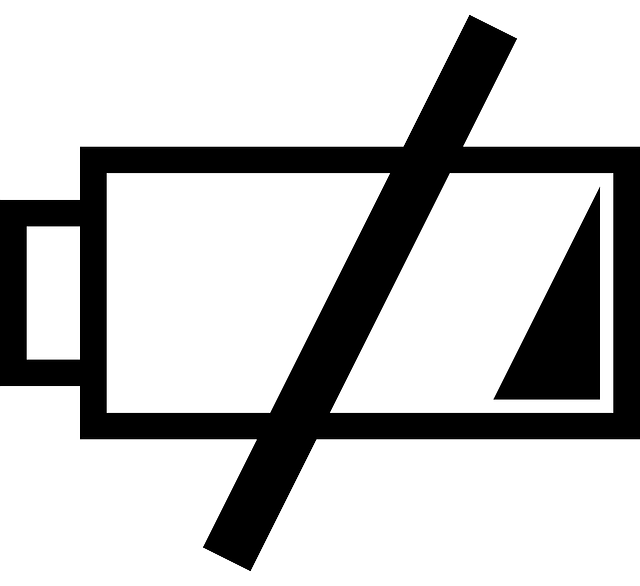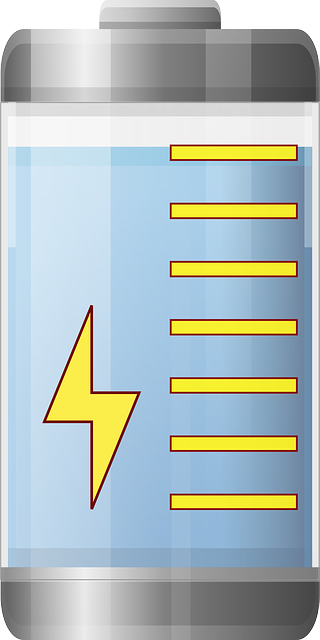Button batteries, often used in everyday devices like watches, hearing aids, and remote controls, are hazardous due to their ability to cause severe chemical burns if swallowed and their potential to release toxic substances into the environment. Their improper disposal poses significant environmental and health risks, necessitating responsible practices for safe handling and disposal. Communities worldwide are raising awareness about this issue and implementing collection programs to facilitate proper battery disposal. Residents can participate in these programs by using designated drop-off points, which help prevent the dangers of accidental ingestion and reduce ecological damage. Proper disposal involves neutralizing the batteries with non-conductive liquids or checking for charge with a multimeter before handling. Adhering to local waste management regulations is crucial, and engaging with professional hazardous waste handlers or community recycling programs is essential for supporting a circular economy and protecting our health and environment.
button batteries pose significant environmental and safety risks, necessitating proper disposal methods. This article explores ten effective strategies for safely disposing of these hazardous items, ensuring both personal and ecological well-being. From community collection programs to professional recycling options, we’ll navigate the best practices for responsible battery management. Understanding the dangers of improper disposal is key; learn how to handle button batteries with care and contribute positively to waste reduction efforts.
- Understanding the Hazards of Button Battery Disposal
- Community Collection Programs for Safe Button Battery Disposal
- DIY Home Methods for Responsible Button Battery Disposal
- Professional Hazardous Waste Handlers and Button Battery Recycling Options
Understanding the Hazards of Button Battery Disposal
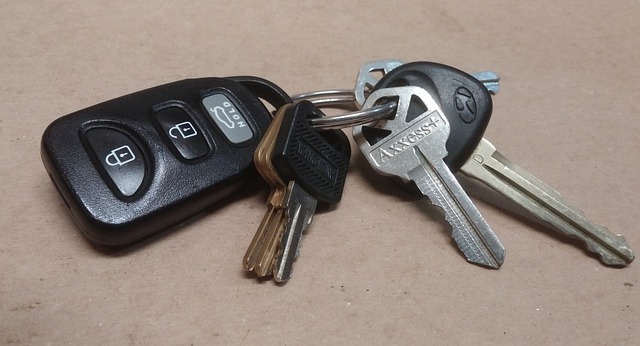
The disposal of button batteries presents a significant environmental and safety hazard that must be addressed with careful consideration. These small, round cells are common in everyday devices such as watches, hearing aids, remote controls, and children’s toys, making their proper disposal crucial to prevent unintended consequences. When button batteries come into contact with moisture, they can cause severe chemical reactions, leading to potentially fatal injuries such as internal burns. This makes the safe disposal of these batteries not just a matter of environmental responsibility but also a critical safety issue. Improperly disposed of button batteries can leach harmful substances into soil and water systems, disrupting ecosystems and contaminating natural resources. Therefore, it is imperative for households and electronic waste management facilities to implement responsible disposal methods that mitigate these risks. Understanding the hazards associated with button battery disposal includes recognizing the importance of distinguishing between recyclable and hazardous waste, as well as adhering to local regulations and guidelines for battery disposal. This understanding is a step toward ensuring the health and safety of communities and the preservation of our environment. It is essential to know where and how to dispose of these batteries properly, whether through designated collection points, electronic waste recycling programs, or specialized hazardous waste disposal services.
Community Collection Programs for Safe Button Battery Disposal
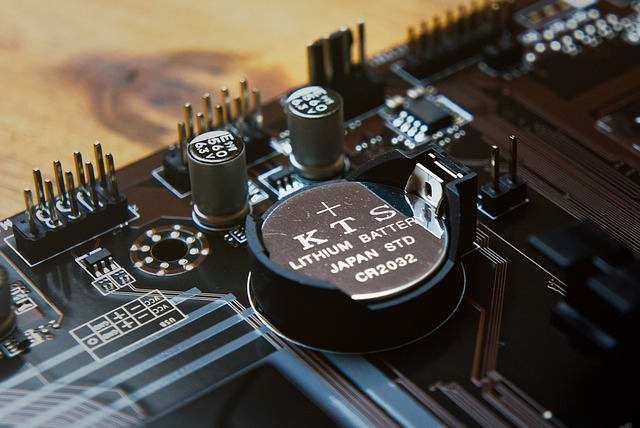
Communities across the globe are increasingly recognizing the importance of proper battery disposal, particularly for small button batteries which pose a significant risk when disposed of improperly. These tiny cells, commonly found in hearing aids, watches, and various electronic devices, contain hazardous materials like lithium, which can cause severe chemical burns if ingested by humans or animals. To mitigate these risks, community collection programs have been established to facilitate the safe disposal of button batteries. These programs provide accessible points where individuals can conveniently drop off used batteries without the need for special packaging or travel to designated hazardous waste facilities. The convenience of such programs encourages widespread participation, significantly reducing the environmental and health impacts associated with improper disposal. By participating in these initiatives, communities not only safeguard their immediate environment but also contribute to a broader effort to prevent accidental ingestion and subsequent harm. It is imperative for residents to be aware of these programs and utilize them, as the proper disposal of button batteries is critical for maintaining a safe and healthy community.
DIY Home Methods for Responsible Button Battery Disposal
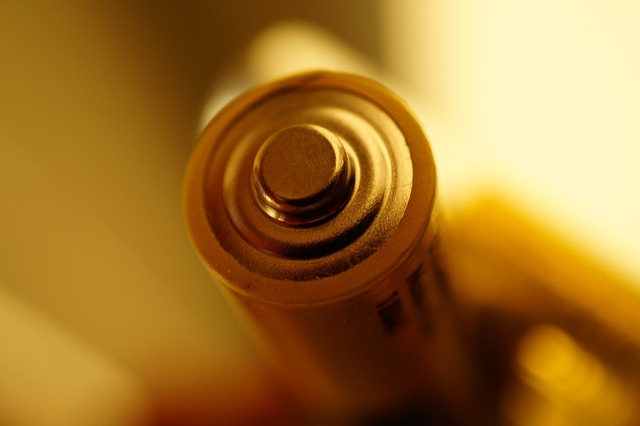
When disposing of button batteries responsibly at home, it’s crucial to handle them with care due to their potential to cause harm if swallowed. These small but powerful batteries are often found in devices like watches, hearing aids, and remote controls. To safely manage the disposal of these batteries, one effective DIY method is to place each battery into a small container filled with a non-conductive liquid, such as vinegar or saltwater. This step neutralizes the chemical energy within the battery, rendering it safe for disposal. After ensuring that the battery is fully immersed and the solution has been in contact with the battery for an adequate period, you can then dispose of the container, battery, and all, in your regular household trash.
Another home-based method to manage button batteries involves the use of a multimeter. Setting the multimeter to its lowest voltage setting, carefully insert the battery’s positive and negative terminals into the multimeter’s input jacks. This will allow you to ascertain whether the battery still holds a charge. If it does, and you wish to recycle or repurpose the battery, you can remove it from the multimeter. However, if the battery is dead or has been neutralized by the liquid method, you can then dispose of it alongside the liquid in your regular trash, ensuring that the terminals are covered or taped to prevent any potential for short-circuiting. Remember to keep these batteries out of reach of children and pets, as they pose a significant health risk if ingested due to their ability to cause severe chemical burns. Always check local waste management guidelines before disposing, as some areas may have specific protocols for handling button batteries.
Professional Hazardous Waste Handlers and Button Battery Recycling Options

When it comes to disposing of batteries, particularly the small and potentially hazardous button batteries, professional hazardous waste handlers play a crucial role in ensuring safe disposal. These specialized entities are equipped with the knowledge, equipment, and permits required to handle such materials without posing environmental or health risks. They adhere to stringent regulations and protocols to manage the hazardous substances within these batteries, which can cause severe harm if ingested. Engaging these services not only mitigates the dangers associated with improper disposal but also contributes to the protection of local ecosystems and public health.
For those seeking to recycle button batteries responsibly, options abound beyond professional disposal. Many electronics retailers and recycling programs offer collection points for used batteries. These initiatives aim to redirect these batteries away from landfills and toward facilities where they can be safely processed. Recycling programs often recover materials like lithium, zinc, and mercury, which can then be repurposed in new products. Consumers can also find button battery recycling programs through environmental organizations or government-sponsored waste management services, ensuring that these items are disposed of in an environmentally sound manner. It’s important to locate and utilize these options to minimize the environmental impact of battery disposal and to support the circular economy by maximizing resource recovery.
In conclusion, the responsible disposal of button batteries is a critical environmental concern that demands our immediate attention. The hazards associated with improper disposal are significant and can pose severe risks to both humans and wildlife. Fortunately, there are multiple avenues for safe battery disposal, ranging from community collection programs designed to make disposal easy and accessible, to DIY home methods for those who prefer a more hands-on approach. Additionally, professional hazardous waste handlers offer specialized services for those with larger volumes or special needs. By choosing one of the ten best safe disposal methods outlined in this article, we can all contribute to the protection of our environment and ensure the safety of our communities. It is through collective action that we can mitigate the risks associated with button batteries and promote a greener, safer future for all.

